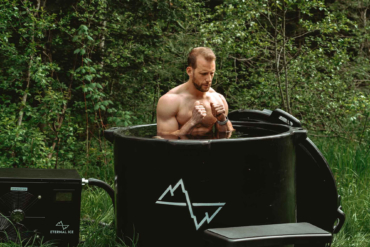Researchers are currently seeking volunteers for an online study that examines how altitude affects Rocky Mountain residents — and, by extension, any human adapting to living in high places.
Many Coloradans rightly feel their state has plenty of history. But the truth is that modern residents of the Rocky Mountains are relatively new to life at high altitude.
As Summit County, Colorado’s new High Altitude Research Center (HARC) points out, many of the world’s mountain populations have spent thousands of years adapting to altitude. However, Colorado didn’t get its first non-indigenous residents until the 1840s.
HARC sees a learning opportunity in new Coloradans’ uniquely recent exposure to the thin air. The situation, it said, provides ideal conditions for a “living laboratory” to study the phenomena at play.
To do it, the research team will need volunteers. So the center is currently seeking help from anyone 18 or older who has lived in Summit County for at least 6 months.

Research to Improve Quality of Life
Existing research has already shown that adaptation to altitude relates to duration and genetics. But much remains unknown on the subject. That’s especially true for understanding how altitude affects health and wellness, HARC said on its website.
“We don’t know what we don’t know, and there has never been a large population-based study [on the topic] anywhere in the world,” said Marshall Denkinger, M.D., an advisor to the center.
Through the research, HARC seeks to learn more about issues commonly associated with either visiting or living at 7,000 feet or higher. Sleep disturbances, temporary or permanent lowering of oxygen levels, and high blood pressure all make the list.
For example, high-altitude hypertension, which can significantly impact quality of life, affects 5-23% of the world’s population. Yet no thorough research into that condition has ever existed in communities in the Colorado Rockies.
To that end, HARC’s first study “will seek to identify the prevalence of pulmonary hypertension in Summit County’s full-time residents,” the website said.
Long-term, HARC hopes the information it garners from additional studies could result in improved medical treatments. It might even help those suffering from altitude sickness.
Interested in taking part? The center’s first online study takes just 15 minutes to complete.
Check Out the Study







